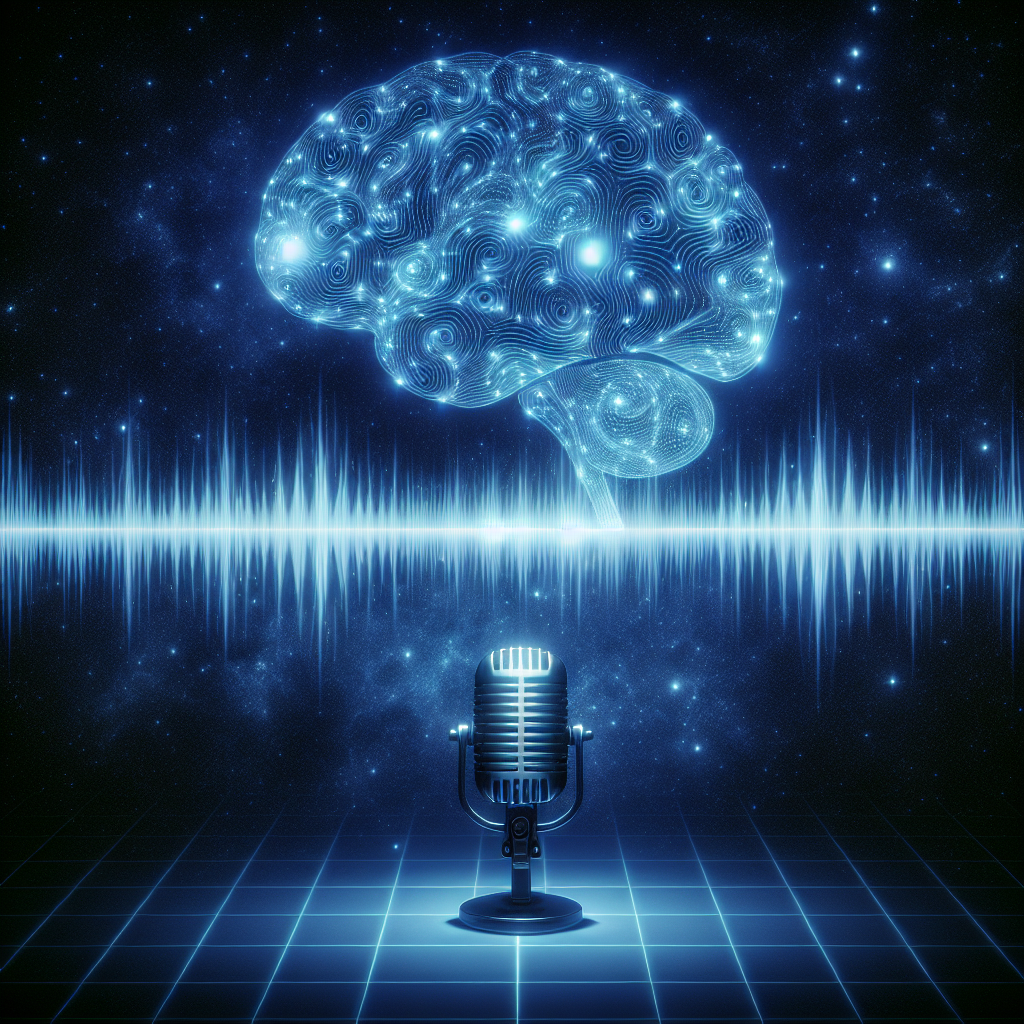Artificial Intelligence (AI) has made significant advancements in recent years, especially in the field of speech recognition. Speech recognition technology uses AI algorithms to convert spoken language into text, allowing for hands-free communication with computers and other devices. This technology has a wide range of applications, from virtual assistants like Siri and Alexa to transcription services and language translation tools. In this article, we will explore the potential of AI in speech recognition and its impact on various industries.
The Potential of AI in Speech Recognition
1. Improved Accuracy: One of the main advantages of AI-powered speech recognition is its ability to continuously learn and improve its accuracy over time. Traditional speech recognition systems often struggled with accents, background noise, and different speaking styles. AI algorithms can adapt to these variations and provide more accurate transcriptions.
2. Real-time Transcription: AI-powered speech recognition systems can transcribe spoken language in real-time, making it easier for users to communicate with devices and applications. This is particularly useful for live events, meetings, and interviews where immediate transcription is needed.
3. Multilingual Support: AI-powered speech recognition systems can support multiple languages, making them ideal for global communication and language translation services. This can help break down language barriers and improve cross-cultural communication.
4. Accessibility: Speech recognition technology can also benefit individuals with disabilities, such as those who are visually impaired or have mobility impairments. By enabling hands-free communication with devices, AI-powered speech recognition can improve accessibility and independence for these individuals.
5. Personalization: AI algorithms can analyze speech patterns and preferences to provide personalized recommendations and responses. This can enhance user experience and make interactions with virtual assistants more intuitive and efficient.
6. Automation: AI-powered speech recognition can automate repetitive tasks, such as transcribing meeting notes or customer service interactions. This can save time and resources for businesses while improving the overall efficiency of their operations.
7. Voice Control: AI-powered speech recognition enables voice-controlled devices and applications, allowing users to interact with technology using natural language commands. This can enhance user experience and make technology more accessible and user-friendly.
8. Security: AI algorithms can also be used to enhance the security of speech recognition systems by detecting fraud and unauthorized access. This can help protect sensitive information and prevent data breaches.
9. Industry Applications: AI-powered speech recognition has applications across various industries, including healthcare (for medical transcription and patient records), finance (for customer service and fraud detection), education (for language learning and accessibility), and entertainment (for voice-controlled gaming and virtual assistants).
FAQs
Q: How does AI-powered speech recognition work?
A: AI-powered speech recognition uses machine learning algorithms to analyze audio input and convert it into text. The system processes the audio signal, identifies speech patterns, and matches them to a database of known words and phrases. Through continuous training and feedback, the system improves its accuracy and adapts to different accents and speaking styles.
Q: What are the main challenges of AI-powered speech recognition?
A: Some of the main challenges of AI-powered speech recognition include handling background noise, different accents, and variations in speaking styles. The system also needs to be continuously trained and updated to improve its accuracy and performance. Privacy and security concerns are also important considerations, especially when dealing with sensitive information.
Q: How can AI-powered speech recognition benefit businesses?
A: AI-powered speech recognition can benefit businesses by improving communication, efficiency, and productivity. It can automate repetitive tasks, streamline customer interactions, and enhance accessibility for employees and customers. By leveraging AI technology, businesses can gain a competitive edge and stay ahead of the curve in today’s digital world.
Q: What are some popular AI-powered speech recognition tools and applications?
A: Some popular AI-powered speech recognition tools and applications include virtual assistants like Siri, Alexa, and Google Assistant, transcription services like Otter.ai and Rev, language translation tools like Google Translate, and customer service chatbots. These tools leverage AI algorithms to provide accurate and efficient speech recognition capabilities.
In conclusion, the potential of AI in speech recognition is vast and continues to grow as technology advances. From improved accuracy and real-time transcription to multilingual support and accessibility, AI-powered speech recognition has the ability to transform how we communicate with devices and applications. By leveraging this technology, businesses can enhance efficiency, productivity, and user experience, ultimately driving innovation and growth in various industries.

